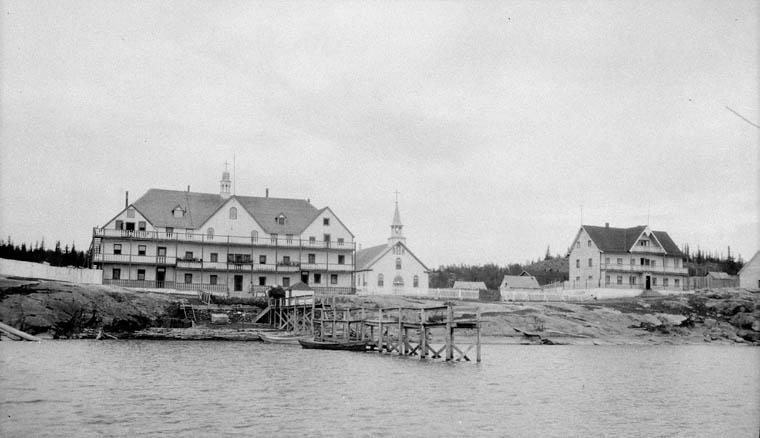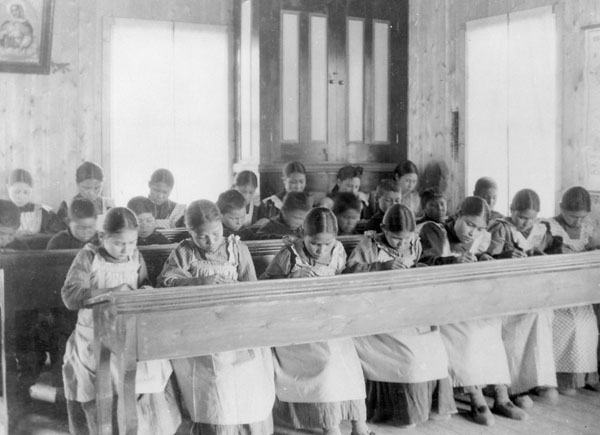Article
Treaty of Saint-Germain
Saint-Germain, Treaty of, (1632), concluded 29 Mar 1632 at Saint-Germain-en-Laye, France, between Great Britain and France. The agreement restored Québec and those territories in the St Lawrence region which had been captured in 1628-29 by the British, to Louis XIII.







